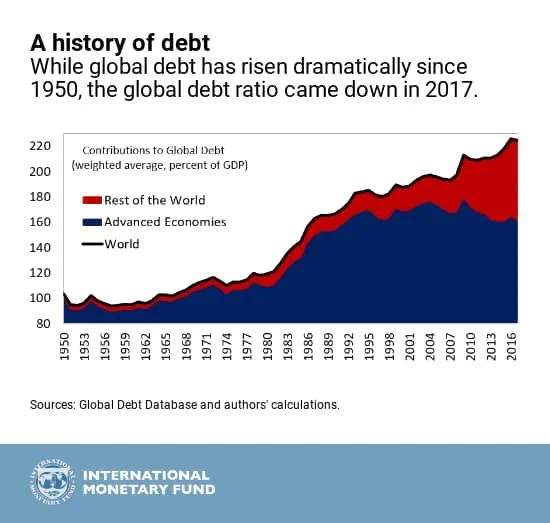ActionAid Urges UN to Lead Global Debt Resolution as IMF, World Bank Face Criticism

ActionAid has criticised the outcomes of the 2025 Spring Meetings of the World Bank and International Monetary Fund (IMF), calling for the United Nations to take over the global debt resolution process, amid warnings that low-income countries face worsening economic hardship.
The global justice organisation said the IMF and World Bank failed to offer meaningful reforms to address the unsustainable debt burdens trapping many low-income nations, accusing the institutions of promoting harmful austerity measures instead.
"The IMF and World Bank continue to refuse urgent and necessary reforms, instead choosing the failed path of cuts to essential public services," said Roos Saalbrink, ActionAid’s Global Lead on Economic Justice.
She warned that new fiscal consolidation demands could further destabilise economies already struggling with poverty and debt distress.
ActionAid criticised the Global Sovereign Debt Roundtable’s newly announced "restructuring playbook," arguing it lacks structural solutions to the debt crisis and fails to ensure affordable access to finance or significant debt relief for vulnerable nations.
"It is heartless to call for more belt-tightening measures from those who do not have any more belt to tighten," Saalbrink added, noting that many low-income countries now spend more on debt servicing than on healthcare.
The organisation stressed that systemic weaknesses in the global economic governance system continue to disadvantage countries in the Global South, with major financial decisions dominated by large economies in the Global North.
Niranjali Amerasinghe, Executive Director of ActionAid USA, emphasised the need for a new international financial framework that prioritises human rights and sustainable development.
She expressed hope that states would agree on this during the upcoming fourth International Conference on Financing for Development.
ActionAid is advocating for the urgent establishment of a UN Framework Convention on Sovereign Debt, alongside a UN tax convention, to address structural inequalities, illicit financial flows, and enable low-income nations to build resilient, inclusive economies.
The IMF and World Bank continue to refuse urgent and necessary reforms, instead choosing the failed path of cuts to essential public services



0 Comments